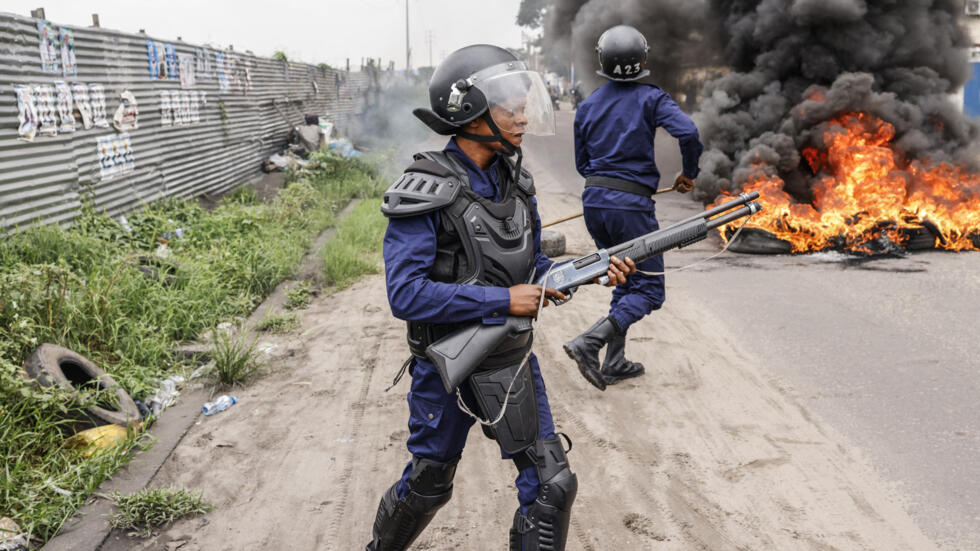
/
RSS Feed

 Authorities had previously banned the demonstration, with Interior Minister Peter Kazadi declaring that the march aimed to undermine the electoral process and would not be tolerated by the government.
Authorities had previously banned the demonstration, with Interior Minister Peter Kazadi declaring that the march aimed to undermine the electoral process and would not be tolerated by the government.